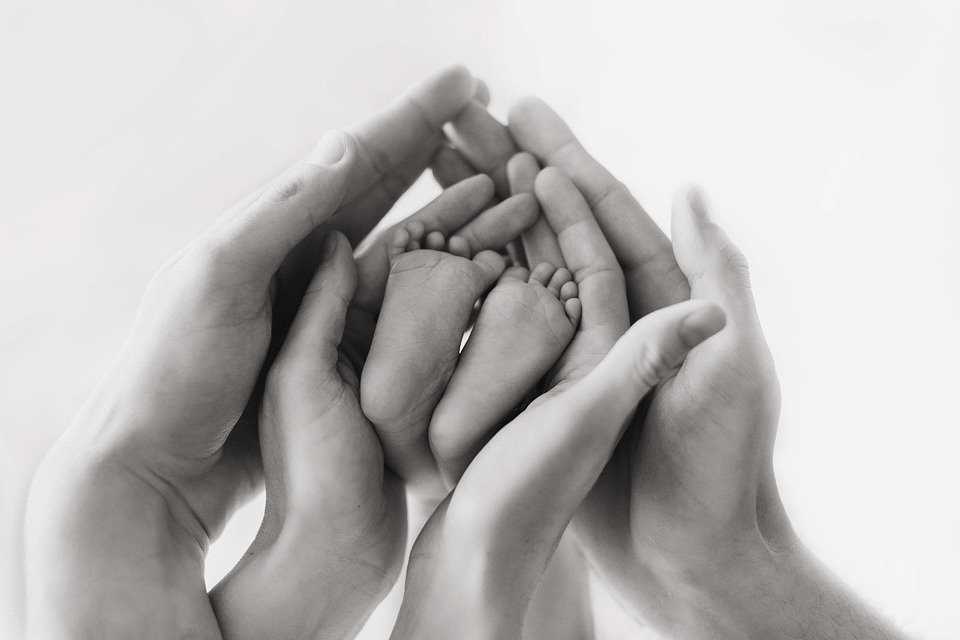
Most people take for granted that they will someday settle down and start a family. For some service members, a combat injury may not allow them to start their own families when they return from service.
This leads many service members to ask, “Does the VA cover fertility treatments?” Fortunately, legislation in recent years has expanded what fertility treatments the VA covers, but you must understand how to qualify and get the fertility treatments you and your spouse deserve.
For specific advice regarding your situation and to get assistance applying for fertility treatment benefits, contact an experienced VA attorney in your area.
Recent studies have focused on links between service-connected injuries and incidents of infertility. For men, studies have looked at what service-connected injuries or illnesses affected their ability to produce viable sperm that can fertilize an egg. For women, studies have assessed service-connected issues that affect ovarian function, the uterus, and whether the woman can successfully gestate a fertilized egg. Another main focus of researchers was psychological issues resulting from service and their impact on fertility.
The Joint Theatre Trauma Registry (JTTR) claims that battle injuries caused by explosive devices frequently lead to genitourinary injuries, which in turn, can lead to fertility problems in both men and women. Around 20% of service members evacuated from Operation Enduring Freedom suffered a genitourinary injury in combat.
Additionally, other studies have researched links between active-duty service members who were deployed and subsequent fertility issues. These studies looked at other possible factors for infertility, including exposure to chemical agents and psychological disorders. Researchers found that male service members exposed to Agent Orange, mustard gas, or other chemical weapons—as well as those diagnosed with PTSD, for instance–had much lower sperm counts than the general population or even other service members who were never deployed or exposed to toxic chemicals. Both physical and psychological issues caused by the same (along with other causes, such as military sexual assault) can have similar adverse effects on female Veterans’ reproductive abilities.
A Health Study for a New Generation of U.S. Veterans, completed in 2010, invited 60,000 Veterans of Operation Enduring Freedom (OEF), Operation Iraqi Freedom (OIF), and Operation New Dawn (OND) to participate. More than 20,500 Veterans responded. The study found that nearly 41.5% of female and 4% of male Veterans had experienced “military sexual trauma.” Around 13.5% of Veterans had positive screenings for PTSD, and 20% reported suffering from sinusitis, bronchitis, or asthma. Nearly 16% of female and almost 14% of male Veterans also reported they had experienced some level of infertility.
For many paralyzed Veterans IVF, which mixes sperm and eggs in a lab and then transfers an embryo into the woman’s uterus, may be the only option to start a family. Yet the treatments can be costly, time-consuming, and emotionally draining. Recent legislation has expanded Veterans’ disability coverage for IVF and pay for procedures for some critically injured active-duty soldiers, addressing problems that may not receive as much attention as PTSD and brain injuries, but nonetheless affect a couple’s marriage.
Since 2016, the VA has covered in vitro fertilization (IVF) and other assisted reproductive technology (ART) services. Some infertility services the VA covers include:
The VA may also cover egg and sperm freezing as well as sperm retrieval techniques. The VA may also provide adoption reimbursement up to $2,000 per adoption. However, the VA does not cover donor eggs or sperm, donor embryos, surrogate pregnancies, and experimental treatments.
To qualify to receive VA fertility service benefits, Veterans and their spouses must meet the following criteria:
Qualified Veterans may receive up to three (3) IVF treatment cycles. Each case is decided on a case-by-case basis. To receive fertility treatment, Veterans may schedule an evaluation from a VA medical provider to determine the cause of their infertility and eligibility for services. Veterans eligible for IVF/ART benefits will be referred to a Reproductive Endocrinology and Infertility (REI) specialist in their area.
In 2023, the VA included proposals in its budget plan that would expand IVF and fertility treatment programs to seriously injured Vets. One proposal expands fertility treatments to Veterans who are single or in long-term same-sex relationships, as well as to those who need donor sperm, eggs, or embryos. As of September 2023, the rules still exclude service members who are single, unmarried to their long-term partner, or in same-sex relationships from receiving benefits fertility benefits.
Recently, lawsuits have been filed against the VA for discriminatory practices regarding fertility benefits. They push for single service members, unmarried couples, and same-sex couples equal access to these benefits.
For help determining whether you qualify for VA fertility benefits, and to get assistance applying for them, contact the experienced VA attorneys at Berry Law. Many of our attorneys are Veterans ourselves, so we understand the unique struggles and challenges Veterans face in trying to start a family, and we can advise you of your rights and options and advocate for you to help you get the benefits you need and deserve.
Contact us today for a confidential consultation.
Our monthly newsletter features about important and up-to-date veterans' law news, keeping you informed about the changes that matter.